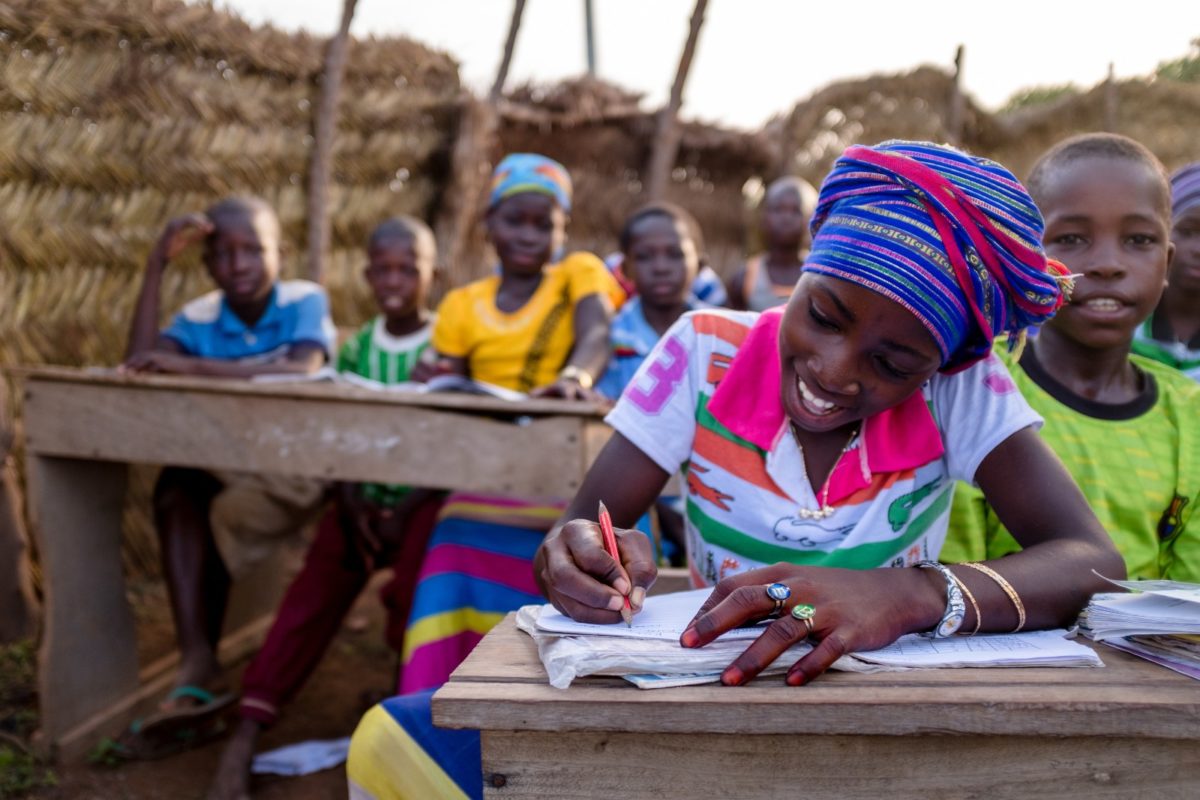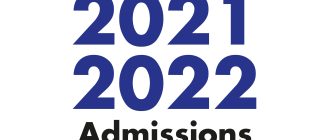GAFCSC Military Programmes for Junior Division
HISTORICAL BACKGROUND OF GAFCSC (JUNIOR DIVISION)
The Junior Division of theGhanaArmed Forces Command and Staff College,(GAFCSC), initially known as the National War College (NWC), was established on 14 October 1963 as part of the Military Academy and Training Schools (MATS). The College was staffed by officers of the Canadian Armed Forces Training Team (CAFTT) and a British Army Officer. They were charged with the responsibility of training selected Army Officers for staff and higher command appointments.
In December 1963, the NWC was renamed the National Defence College (NDC), and the course duration increased from 10 to 21 weeks. In January 1964, the institution was once again renamed the Junior Defence College (JDC). The first Ghanaian Directing Staff in the person of then Major JM Nunoo-Mensah was appointed to the College in 1969. He became the first Ghanaian to head the institution as General Staff Officer Grade I in 1970. The JDC was opened to students from allied African countries in 1973.
With the establishment of theGhana Armed ForcesCommand and Staff College (GAFCSC) in 1976, the Junior Defence College became the Junior Division of the GAFCSC. The head of the Division was also upgraded to Assistant Commandant (Colonel) effective October 1985 with Colonel Seidu Ayumah as the first Assistant Commandant. In February 2007, there was a further upgrade of the appointment to the rank of a Brigadier General.
The scope of the Division has also been reviewed over the years with more emphasis on Staff Training for Grade 3 Staff appointments whilst the command and tactics aspects have been de-emphasized. The course duration is now 24 weeks.
Students from Burkina Faso, the Gambia, La Cote D’Ivoire, Namibia, Nigeria, Sierra Leone, South Africa, Tanzania, Togo and Zimbabwe have since 1973 attended the Junior Staff Course with their Ghanaian counterparts.
INTRODUCTION
1. The Junior Staff Course is a 16-week course, which is broken into 2Termsof 8 weeks each duration.
JSC COURSE AIM
2. The Junior Division of theGhanaArmed Forces Command and Staff College, as a regional centre of excellence, aims at enhancing the leadership, analytical and communication skills of junior level officers to perform command and staff functions, through research and active development of a broad understanding and knowledge of single, joint and combined operations as well as the management of lower aspects of defence, economic and geopolitical issues.
3. The course objectives of the Junior Division are as follows:
- To understand the techniques used in staff work.
- To understand the structure, roles and functions of the Ghana Armed Forces, and the organisation of some units.
- To understand the rudiments of sub-unit level training, and be familiar with unit and formation level training.
- To be familiar with some major aspects of domestic and international affairs and how these influence security, socio-economic and political stability.
- To understand the relationship and application of command, leadership and management.
- To understand the fundamental logistics process and its application during peace and war.
- To develop the physical, social and spiritual qualities of junior officers.
JSC PACKAGE
4. The fields of study for the course are as follows:
a. Term 1. Grounding and foundation work.
b. Term 2. Harnessing and consolidation of knowledge gained in Term
CURRICULUM STUDIES
5. Terms 1 and 2 involve other areas of studies, which will be specified in the guides.
6. As part of the Environmental Studies Package students would have the opportunity to undertake a 3-5 day study tour of some selected districts in one particular region. Students would be expected to make 45 mins presentations of their findings and submit written reports.
METHODS OF INSTRUCTION
7. The following methods of instructions will be used during the course. Further details can be found in the Students’ Handbook.
- Lecturers/Presentations – To the whole course.
- Seminars – To the whole course, where guest speakers form the panel. Students make contributions and ask questions.
- Syndicate Room Discussions (SRD) – Led by DS. All Students will be expected to participate equally. Sometimes, a student may be asked to lead or open the discussion on a particular question.
- Map Exercises (MAPEXs) held indoors and films.
- Visits.
ACADEMIC ETHICS
8. Professional ethics is of paramount importance to the College. Work presented by students should be their own original work. To do otherwise results in unfair advantage and is inconsistent with professional ethics and integrity. Students found guilty of plagiarism in any form, will be subject to the full penalties for it. This could lead to your withdrawal from the course and further disciplinary action by Service/Organization Headquarters.
GRADUATION REQUIREMENT
9. To graduate from the College with the ‘jsc’ symbol, a student must meet the established standards set by the College. These could be found in the College Standing Orders. Students are advised to read this thoroughly.
VALIDATION
10. Feedback is important for all training and educational courses. In the Junior Division, the Service Writing Form (SWF) ‘Q’ is used to get to know students’ reactions to each subject. It also serves as a conduit for soliciting ideas for the general improvement of the various aspects of the package for each term. You are encouraged to take an active part in this effort.
PHYSICAL FITNESS
11. Physical fitness is one of the important aspects of the course. Two Battle Fitness Tests are conducted during the course: one in each term. All students are required to pass these tests. Physical training is programmed for Tuesday mornings while games are conducted on Thursday afternoons.
OBJECTIVES OF THE COUNTER INSURGENCY AND INTERNAL SECURITY PHASE OF THE JUNIOR DIVISIONPROGRAMME
- To strengthen the integrative capacity of the security services in an era of internal security demands.
- To practise students in the problems of establishing Joint Headquarters, and the restoration and maintenance of law and order in an internal security and counter insurgency environment.
- To practise students in the staff work and procedures related to resolving internal security and counter insurgency.
- To practise students in strategy, tactics, roles and responsibilities of the security services in an internal security and counter insurgency situation.
COURSE PARTICIPANTS
- TheGhana Police Service
- The Ghana Prisons Service
- The Ghana Fire Service
- The Ghana Immigration Service
- The Customs Division of the Ghana Revenue Authority
- The Bureau of National Investigations
- The Narcotics Control Board


